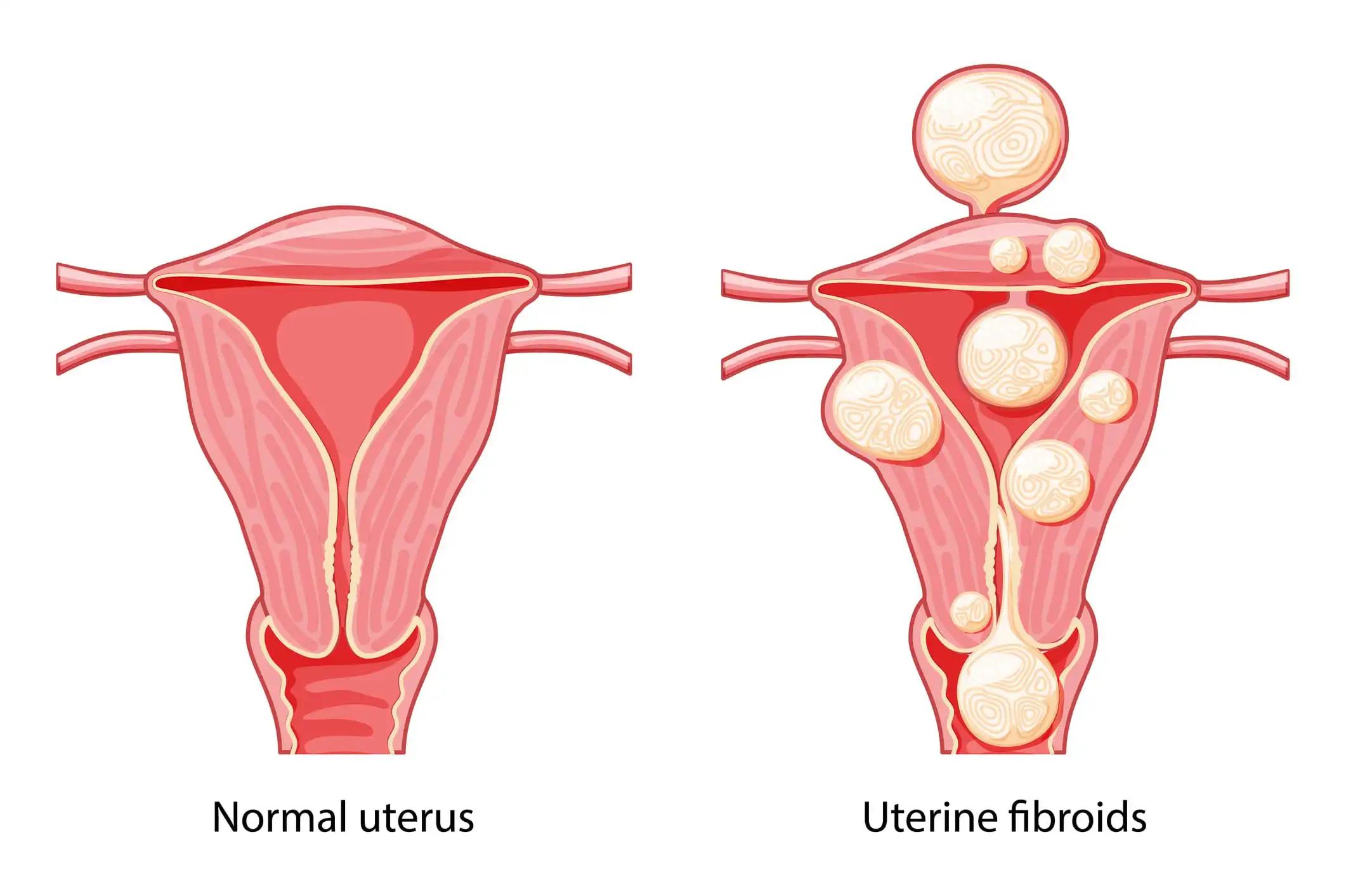KEY TAKEAWAYS
- A Phase III OReO study evaluated the safety and effectiveness of maintenance olaparib rechallenge in patients with PSROC, regardless of BRCA mutation status.
- The study’s primary outcome measure was the PFS to be measured until objective radiological disease progression or other discontinuation criteria.
- The tolerability of maintenance olaparib rechallenge in OReO/ENGOT-ov38 was consistent with the known safety profile of olaparib.
- AEs typically occurred early and were largely manageable in patients with PSROC who received maintenance olaparib rechallenge.
In the Phase III OReO trial, patients with platinum-sensitive relapsed ovarian cancer (PSROC), regardless of BRCA1/BRCA2 (BRCA) mutation status, showed a statistically significant progression-free survival benefit with maintenance olaparib rechallenge versus placebo.
First-time olaparib use safety statistics were consistent; overall, olaparib discontinuation due to adverse events (AEs) was low. The tolerability of maintenance olaparib rechallenge in OReO/ENGOT-ov38 was further characterized, including the time to onset and duration of specific adverse events (AEs) thought to be pertinent to olaparib.
Patients who developed PSROC after receiving the most recent platinum-based chemotherapy and who had previously taken a maintenance PARP inhibitor were enrolled into groups with or without BRCA mutations. Patients in each cohort were randomly assigned 2:1 to receive maintenance olaparib (300mg) or placebo every two weeks until the illness progressed. Patients who received a single dosage had their safety and tolerability evaluated. During treatment and for 30 days following cessation, AEs were observed.
All 220 registered patients were included in the safety analyses (n=108 for non-BRCA-mutated patients; n=108 for BRCA-mutated patients; n=74 for olaparib; n=38 for placebo). In the BRCA-mutated and non-BRCA-mutated cohorts, respectively, 8 (7%) and 27 (25%) patients were still getting treatment at the time of the data cutoff. The median duration to the onset of nausea, vomiting, fatigue/asthenia, and anemia in the BRCA-mutated cohort (olaparib arm) was 32 days. The first episodes of vertigo, vomiting, neutropenia, and thrombocytopenia lasted an average of 38 days. There were no MDS/AML cases recorded.
Consistent with the known safety profile of olaparib, AEs typically occurred early and were largely manageable in patients with PSROC who received maintenance olaparib rechallenge.
Source: https://www.abstractsonline.com/pp8/#!/10720/presentation/1285
Clinical Trial:https://clinicaltrials.gov/ct2/show/NCT03106987
Salutari, V., Lotz, J.P., Manso, L., Asselain, B., Marmé, F., Lindemann, K., Tognon, G., Mądry, R., Glasspool, R., Medioni, J., Márquez-Aragones, A., Ronzino, G., de Gregorio, N., Joly, F., Romero, I., Raspagliesi, F., Bashir, Z., Shaw, B., Fabbro, M., Pujade-Lauraine, E. (2022) Maintenance olaparib rechallenge in patients with ovarian cancer previously treated with a PARP inhibitor: detailed safety results from the Phase IIIb OReO/ENGOT-ov38 trial. (n.d.). ESGO 23rd Annual Meeting. https://www.abstractsonline.com/pp8/#!/10720/presentation/1285



